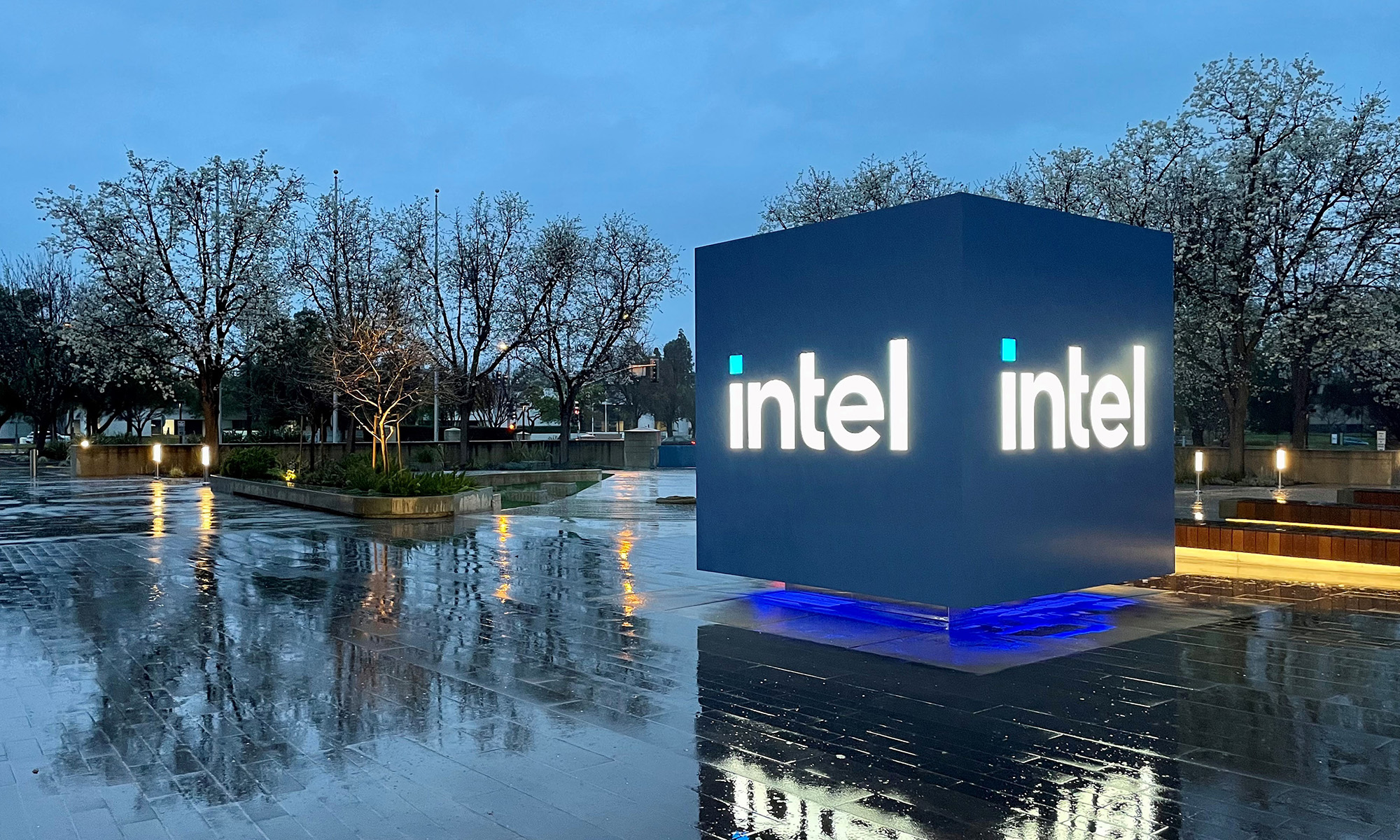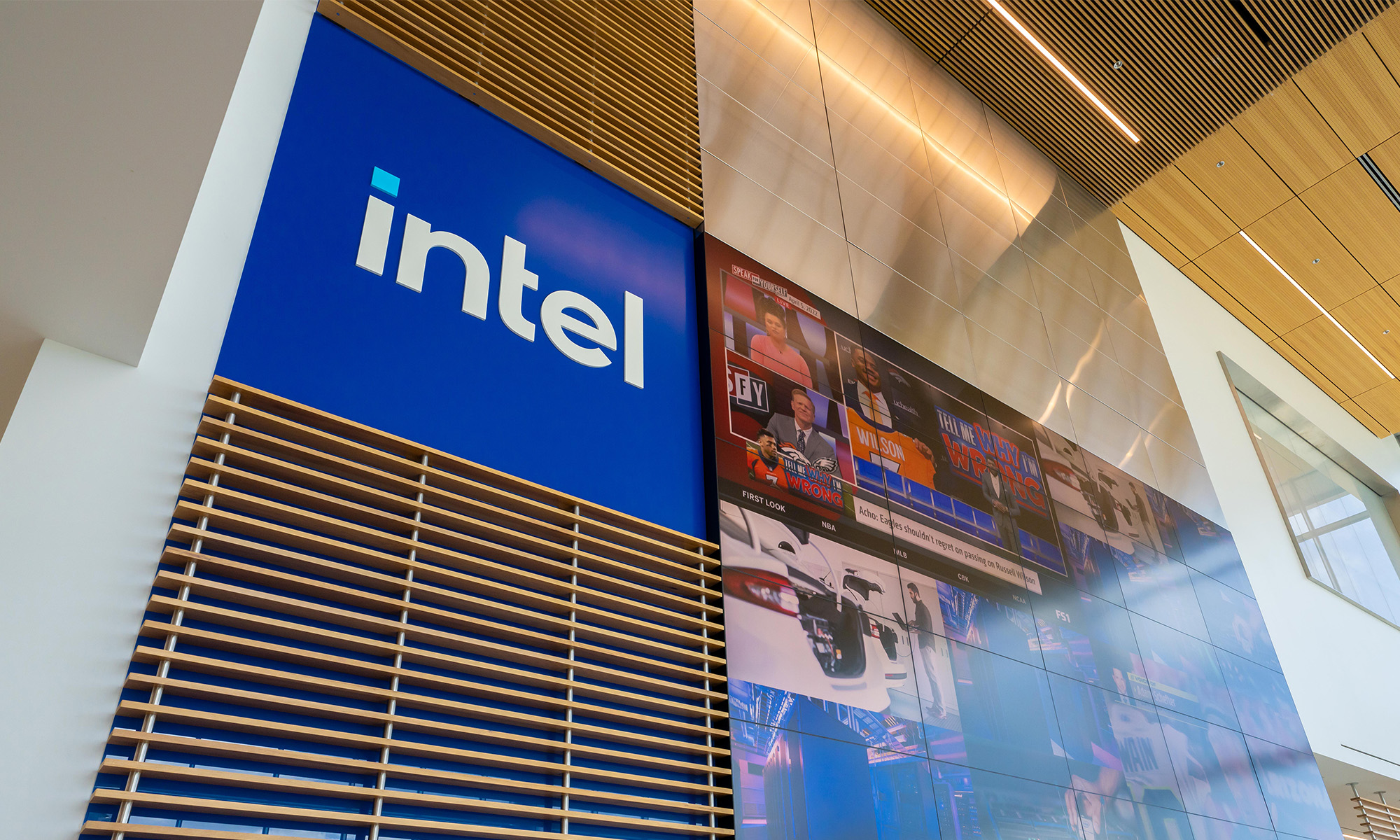Dividend stocks are only as good as the underlying company. Without a solid business foundation, a company's dividend can evaporate -- a sobering reality many investors have confronted recently as a result of the coronavirus pandemic.
Here are three companies that underwent major business transformations to set up the foundation and success they experience today, even amid the pandemic, and the reasons they make worthwhile investments.

Image source: Getty Images.
Intel: 2.3% yield
Intel (INTC 1.32%), the famed maker of computer chips, raised its quarterly dividend 4.8% in January to $0.33 per share following a record fiscal 2019 fourth quarter that delivered sales of $20.2 billion, up 8% year over year. The higher dividend still resulted in a payout ratio of only approximately 25% in its fiscal first quarter, so Intel has plenty of cushion for dividend payments while reinvesting in its business, which has experienced renewed growth.
The company used to generate its sales primarily from PCs, but as sales of PCs reached a plateau, Intel found new opportunities with the rise of cloud computing. The company now also provides products for use in cloud-computing data centers as well as other burgeoning areas such as the Internet of Things (IoT) and autonomous vehicles. This shift in focus propelled the top line to new heights.
Most recently, the company continues to build on its 2019 momentum. Fiscal first-quarter results revealed 23% and 51% top and bottom-line growth, respectively. Intel ended the quarter with $12.7 in cash and short-term investments.
Given its growth and massive war chest, Intel should have no problems maintaining its dividend. The company's focus on supporting cloud computing and other rapidly growing technology trends means it can maintain its financial health and extend its five-year streak of payout increases.
Target: 2.4% yield
Mega-retailer Target (TGT +2.54%) has paid dividends since 1967 and raised its payouts for 48 consecutive years, putting it within reach of Dividend King status. With a payout ratio of 40.5% in the trailing 12-month period, the company can comfortably continue delivering dividends to its shareholders, particularly given its successful strategies to reinvent itself in the e-commerce era.
Target went on a mission to build up its omnichannel strategy, providing customers with many means to arrive at the purchase point, including its mobile app, in store, or via the online website. The strategy worked: Its 2019 full-year comparable sales grew 3.4% year-over-year, while digital sales were up 29%, the sixth consecutive year of more than 25% growth.
The company has leveraged this new infrastructure to supply consumers with much-needed staples during the coronavirus crisis. In a business update released on March 25, management reported, "Month-to-date in March, overall comparable sales are more than 20% above last year, with comparable sales in essentials and food & beverage up more than 50%." U.S. customers clearly rushed to the retailer for essential items. However, the company warned that its financials could come under pressure from a combination of higher costs to support employees and safety, as well as reduced volumes for high-margin but non-essential goods.
In the long run, Target's omnichannel success and growing slate of private-label brands should offer the retailer plenty of staying power.
Microsoft: 1.2% yield
Microsoft (MSFT +0.72%) is also on a roll --its latest earnings report for the fiscal 2020 third quarter showed a 15% year-over-year jump in revenue, a 22% increase in net income, and almost $140 billion of cash and short-term investments on the books. The company also said that the pandemic had "minimal impact" on its revenue during the quarter. With a dividend payout ratio of 32.0% for the past year, the company can comfortably continue funding its growth and payout.
Like Intel, Microsoft benefited from the rise of cloud computing. Microsoft reinvented itself under CEO Satya Nadella, who focused the company on cloud-computing services and products such as its Office 365 suite, which enjoyed 25% commercial growth in the third quarter. Microsoft's cloud-based customer-relationship management software, Dynamics 365, saw 47% growth. And its Azure cloud solution, which allows businesses to transition IT infrastructure to the cloud, was up 59% year over year.
Microsoft also owns the professional social-media network LinkedIn, which delivered its own double-digit gains. And the company's gaming division, centered around the Xbox console, plans to launch a next-generation device toward the end of 2020 that is sure to power this division's results for years to come.
These three companies have established brands and offerings experiencing revitalized growth. Even the pandemic and resulting economic fallout are unlikely to derail their progress -- that's why investing in these dividend stocks can give investors years of income.








